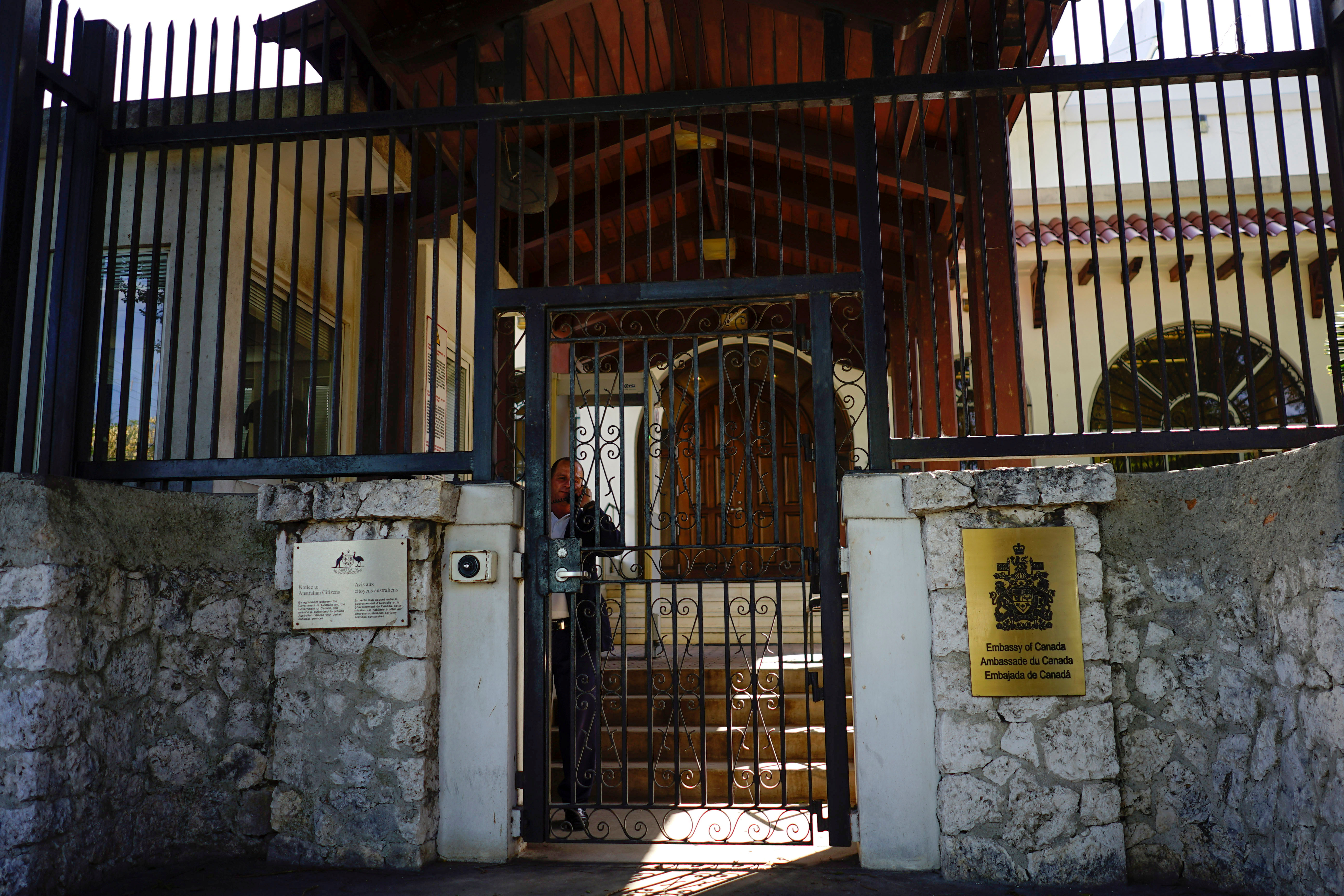
By Tyler Choi
TORONTO (Reuters) – A self-declared “caravan” of Americans bused across the Canada-U.S. border on Saturday, seeking affordable prices for insulin and raising awareness of “the insulin price crisis” in the United States.
The group called Caravan to Canada started the journey from Minneapolis, Minnesota on Friday, and stopped at London, Ontario on Saturday, to purchase life-saving type 1 diabetes medication at a pharmacy.
The caravan numbers at approximately 20 people, according to Nicole Smith-Holt, a member of the group. Smith-Holt said her 26-year-old son died in June 2017 because he was forced to ration insulin due to the high cost. This is Smith-Holt’s second time on the caravan.
Caravan to Canada trekked the border in May for the same reasons, which Holt-Smith said was smaller than the group this week. She said Americans have gone to countries like Mexico and Canada for more affordable medications in the past and continue to do so.
The Canadian Broadcasting Corporation reported in May that Canadian pharmacists have seen a “quiet resurgence” in Americans coming to Canada looking for cheaper pharmaceuticals.
Insulin prices in the United States nearly doubled to an average annual cost of $5,705 in 2016 from $2,864 in 2012, according to a study in January.

Allison Nimlos, a Type 1 diabetes advocate from the United States, shows the less expensive Canadian insulin she purchased (right) after leaving a Canadian pharmacy in London, Ontario, Canada June 29, 2019. REUTERS/Carlos Osorio
While not everyone purchased the same amount of insulin, Smith-Holt said most people are saving around $3,000 for three months of insulin, and as a whole, the group is saving around $15,000 to $20,000.
Prescriptions for insulin are not required in Canadian pharmacies Smith-Holt said, but the caravan has them so they can prove to the border patrol they are not intending to resell them when returning to the United States.
Quinn Nystrom, a leader of T1International’s Minnesota chapter, said on May via Twitter that the price of insulin in the United States per vial was $320, while in Canada the same medication under a different name was $30.
T1International, a non-profit that advocates for increased access to type 1 diabetes medication, has described the situation in U.S. as an insulin crisis.
“We know that many people couldn’t make this trip because they cannot afford the costs associated with traveling to another country to buy insulin there,” said Elizabeth Pfiester, the executive director of T1International in a press release.
An itinerary states the caravan will stop at the Banting House in London, Ontario later in the day. The Banting House is where Canadian physician and scientist Frederick Banting, who discovered insulin, lived from 1920 to 1921, and is called the “birthplace of insulin”, according to the Banting House website.
Smith-Holt said the group is not currently planning any future trips, but they could be organized in the near future depending on need. She hopes for long-term solutions in the United States like price caps, anti-gouging laws, patent reform and transparency from pharmaceutical companies.
(Reporting by Tyler Choi, Editing by Franklin Paul)












